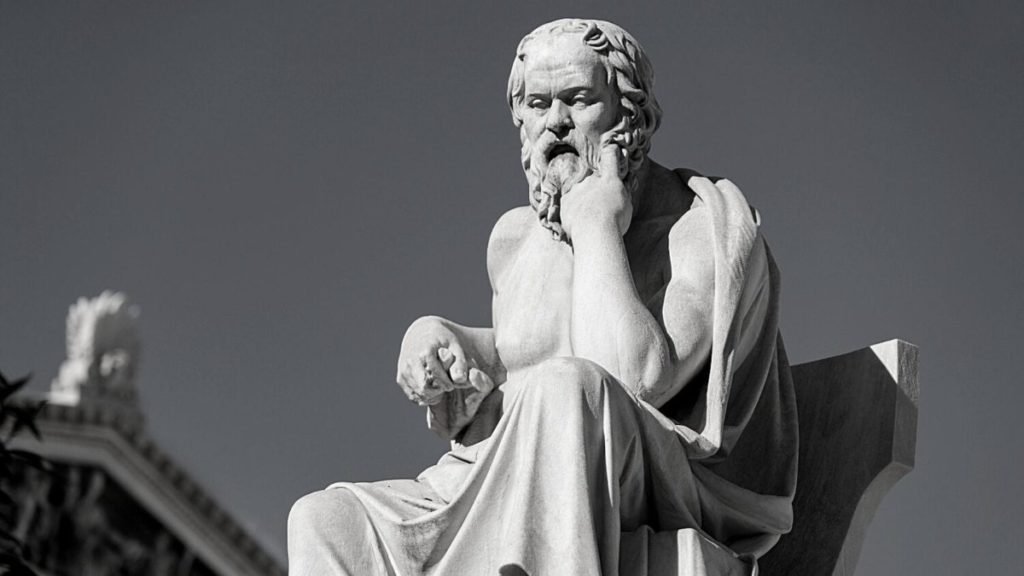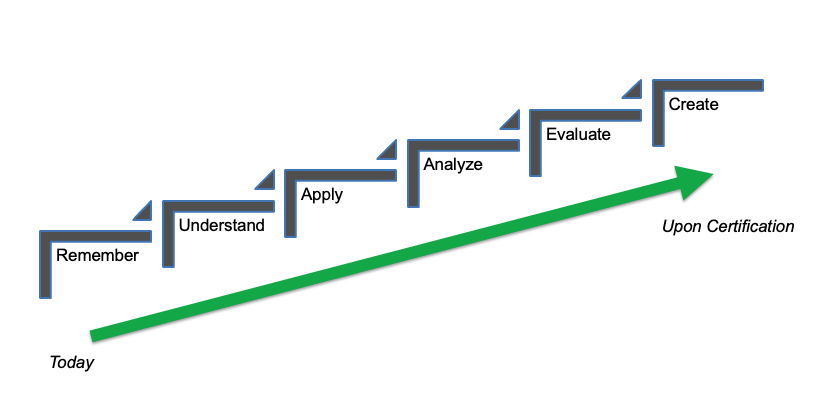Our approach to teaching Oncology Yoga.
Many well-intended professionals expect to be provided a distinct list of poses for cancer patients and survivors as part of an Oncology Yoga training. In the headline grabbing ‘Top Ten List of this or that‘ world, this request is understandable, but the concept itself is flawed.
Oncology Yoga cannot be codified as the needs of a cancer patient vary dramatically based on many factors including those that have nothing to do with the cancer itself. Our approach to teaching – or pedagogy – will refine a professionals skills to be able to evaluate each and every person who comes to them for help, and provide safe & effective yoga to support their specific needs.
To do this, we use various pedagogical approaches to develop an Oncology Yoga Professional:
1. Progressive learning to support long term comprehension and application.
Progressive learning is a pedagogical approach that emphasizes teaching students ‘how to think’ rather than relying on memorization.
In our training programs, this approach means students will learn the theory and science of both yoga and cancer (e.g. ‘the why and how’) first before jumping to ‘the what’ of Oncology Yoga or how to demonstrate it. This will support a strong foundation to build from.
2. Using the Socratic Method to develop Critical Thinking.

Developing critical thinking is about learning to analyze information objectively, question assumptions, and make reasoned judgments. To achieve this we apply the following approach:
- Asking Good Questions: We ask loads of thoughtful questions. Some will be easy – others challenging. Some will test your comprehension of past material – others will ask questions about material that is coming in future lessons.
- Exposure to Different Perspectives: We will likely challenge some of your pre-existing concepts of both yoga and cancer. These different perspectives might be in conflict with your pre-existing perspectives. In fact, it might help identify some of your own biases or misunderstandings. But this evaluation will help you develop critical thinking and form the best conclusion possible.
- Evaluate Evidence – We ask you to evaluate evidence, not just opinions. We will explore what role research and evidence needs to play in Oncology Yoga.
- Embrace Uncertainty – A critical thinker can say “I don’t know” or “I need more information.” Avoid black-and-white thinking; real issues are often complex and layered.
- Being Reflective – We encourage self reflection so that evaluating your own thoughts or process becomes second nature.
- Practice Problem-Solving & Scenario Testing – We will explore various Oncology Yoga concepts through problem-solving or micro-researching projects.
These techniques have developed critical thinking for thousands of yoga professional and create the best foundation for any safe and effective Oncology Yoga professional.
3. Applying Bloom’s Taxonomy to ensure long-term comprehension
Throughout the program, we will use various learning styles and engagement tools to ensure comprehension. We have employed Bloom’s Taxonomy to hierarchical ordering of cognitive skill development to guide our approach.
Like with the earlier pedagogical approaches, the goal is to ensure retention, comprehension and execution. The teaching style can be pre-emptive – forecasting future concepts and lessons. Or repetitive – reviewing past assignments in a new and different way.
Ultimately, it will ensure you can create a safe and effective Oncology Yoga practice for those who come to you for help.

